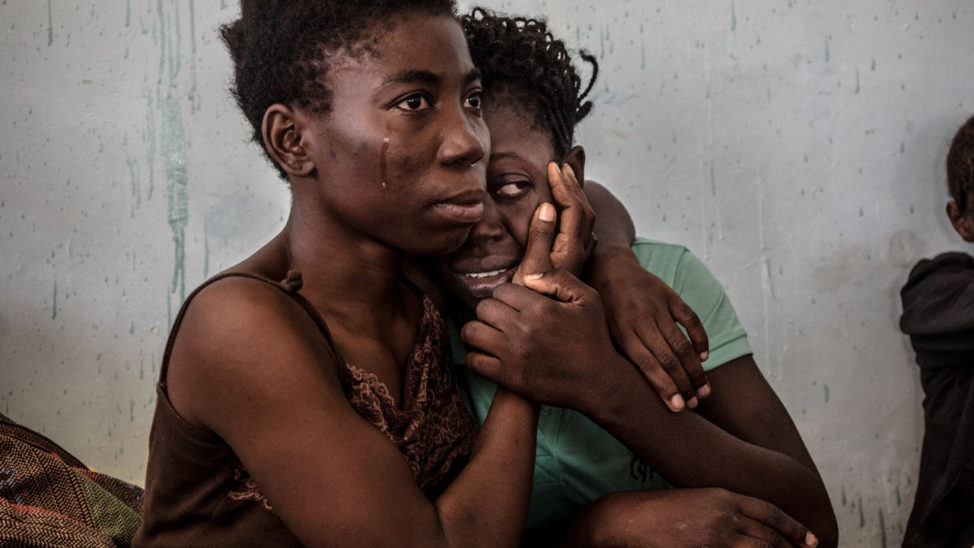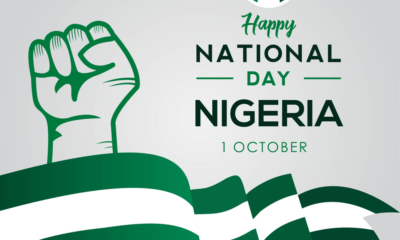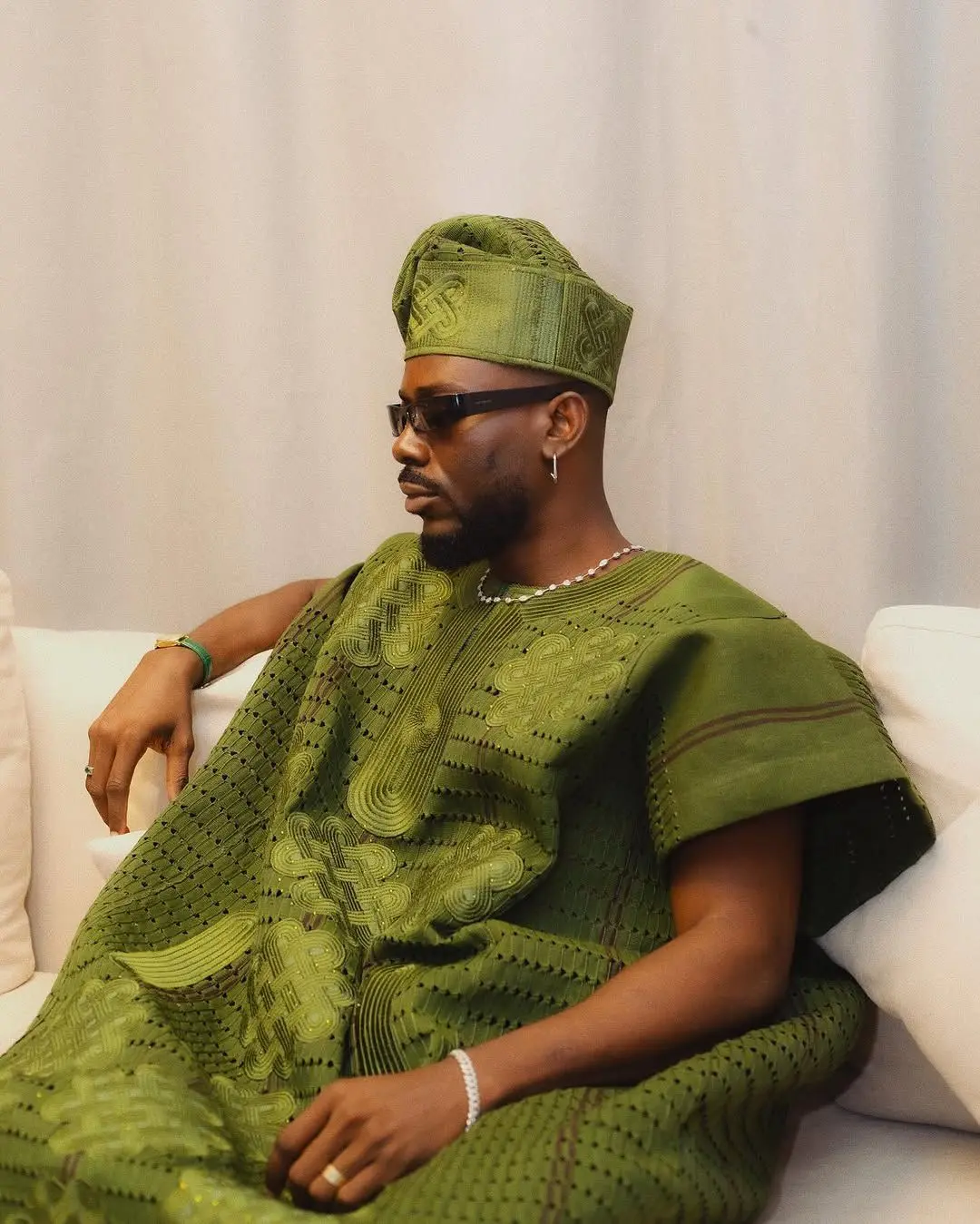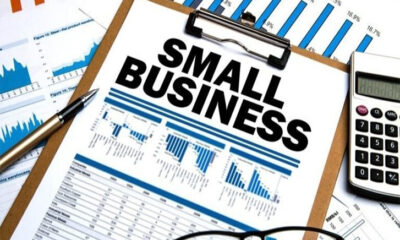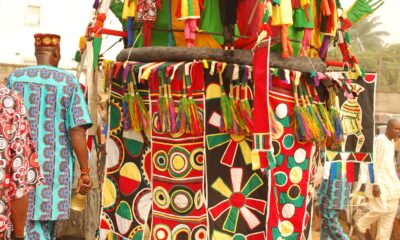The World Economic Forum has ranked Nigeria 122, four places behind the previous year, in the 2017 Global Gender Gap Report. The GGGR is a framework for capturing the magnitude and scope of gender-based disparities and tracking their progress over time. Since 2006, when the reports were first published to include more than 100 countries, the lowest ranks have been occupied by some of the most populous developing countries. It was in this same year that Nigeria ranked her highest yet: 94 out of 114 countries. Eleven years later, 30 more countries added, and Nigeria has moved 28 places below.
While the current report notes that a total of 68 percent of the world’s gender gap is now closed, with the reversal driven by declining gender equality in the workplace and political representation, we examine Nigeria’s stagnancy on the GGG table.
It’s been eleven years of motion yet no movement for Nigerian females. As it is in many African countries, being a woman in Nigeria is quite daunting; there are practices steeped in anachronistic culture norms, asymmetrical power relations that sometimes mean that the woman is denied a seat at the table and lots of often-misinterpreted doctrines to contend with.
In an era when artificial intelligence-powered robots are opening doors to facilitate their own escape, the Nigerian woman has the door slammed in her face, mostly on account of her gender.
The deep-seated discrimination against the woman is obvious. Unfortunately, the stereotypes on which the discriminations feed are already firmly rooted in young people, according to the Global Early Adolescent Study, a partnership between the World Health Organisation and Johns Hopkins University. The research was carried out in 15 countries, including Nigeria.
“Adolescent health risks are shaped by behaviours rooted in gender roles that can be well established in kids by the time they are 10 or 11 years old,” Kristin Mmari, lead researcher of the study says. The effect of such beliefs, the study points out, includes an uptick in the risk of depression, suicide, violence and HIV. These contribute to a widening gender gap that the World Economic Forum says will take about 100 years to close.
The World Economic Forum Global Gender Gap Report 2017, which benchmarks 144 countries, finds that the parity gap across health, education, politics and the workplace is widening for the first time since records began in 2006. The report notes that a total of 68 percent of the world’s gender gap is now closed, with the reversal driven by declining gender equality in the workplace and political representation.
With Nigeria ranked at 122 out of the 144 countries indexed, the seeming retrogression from 94 in 2006 to the present position came on account of a decline in women empowerment and reversals on the educational attainment subindex. In both instances, Nigeria is ranked 135.
“Women in Nigeria face a myriad of cultural and religious barriers when trying to move up in the workplace,” says Ola Orekunrin-Brown, founder of Flying Doctors Nigeria, West Africa’s first air ambulance service. Such barriers usually cause women to have inferior earning power and a lesser influence on decision-making at the workplace, even if the decisions impact more.
In the last 12 years, the WEF has sampled an average of 134 countries and Nigeria’s mean position in the 12-year period has been 112 where it sits in the company of countries like Angola, Algeria, Turkey, Kuwait, Chad and Yemen. Iceland has consistently topped the reports since inception, while Rwanda, United Kingdom and United States of america place 4th, 15th and 49th respectively in the 2017 GGG ranking.
A gender pay gap calculator designed by Code for Africa uses the same 2017 WEF reports to show that a Nigerian man earns 54 per cent more than the Nigerian woman on the average.
Brown speaks further on how female representation in top corporate roles can improve: “Developing executive presence, influence, negotiation skills, management skills and emotional intelligence are often as important as technical skills” as women move up the ladder at the workplace.
While the WEF says in its report that Nigeria has made progress “towards closing its gender gaps in women’s estimated earned income, enrolment in secondary education, healthy life expectancy and wage equality for similar work,” closing the gender gap totally may, however, be more arduous in a country where the president publicly said his wife belonged in the kitchen and the “other room.”
Women in politics
Expectedly, there is noticeable deliberate “decline in women with ministerial positions,” WEF said in its report. When President Muhammadu Buhari swore in 36 ministers in 2015, only a paltry six were women, with half of them designated as junior ministers. This representation fell short of 35 percent affirmative action as enshrined in the National Gender Policy of 2006.
“There are still few women in politics because of the society, especially Africa where it is believed a woman should be in the other room,” says Blessing Okoro, a women’s rights advocate. “The society feels that it will be too much for women and they might lose concentration in caring for their homes and kids.”
Such pejorative belief is also responsible for the abysmal number of women in the National Assembly. Nigeria was ranked 180 out of 193 countries for women in national parliament, with only four percent of federal lawmakers being female, according to a 2017 report by the Inter-parliamentary Union.
Empowering the Nigerian woman in politics will upend power relations in the country in her favour, a Nigerian lawmaker argued.
“What I fear Mr Speaker, they control us at home. When we give them opportunity outside, when they control us outside the home, they will capture everything Mr Speaker,” said Muhammed Kazaure, a member of Nigeria’s House of Representatives representing Kazaure/ Roni/Gwiwa/Yankwashi constituency of Jigawa State, while addressing his colleagues in March 2018.
Kazaure, by his own admission, said “60 to 70 percent” of the votes that got him elected were from women. But he chose March 8, the International Women’s Day, to rail against their political empowerment owing to the fear of being ‘overthrown’.
“Majority of the big people, if you need something from them, don’t go directly [to them], go to the wife [and] you will easily get what you want. So, if you give them more chance, one day they will overthrow us,” Kazaure said on the floor of the House.
Kazaure’s misplaced fear about women is not a case of an isolated misgiving. A bill sponsored by Senator Abiodun Olujimi seeking equal opportunities for all genders was shut down by the Nigerian Senate on March 15, 2016, after only the first reading, largely on the account that it negated religious dogmas.
Read More: Senate rejects power devolution, affirmative action for women
Women in the workplace and access to finance
A 2015 study by the Clinton Foundation suggested that 41 percent of Nigerian women are entrepreneurs, making Nigeria the country with the highest concentration of female business owners.
Regardless of that flattering figure, statistics by the National Bureau of Statistics for Q4 of 2016 showed that unemployment and underemployment were higher for women than men. During the quarter, 16.3 percent of women in the labour force (those between ages 15 – 65 willing, able and actively working or searching for work) were unemployed in Q4 2016, and a further 24.2 percent of women in the labour force were underemployed. On the other hand, 12.3 percent of males were unemployed in Q4 2016, while a further 17.9 percent of males in the labour force were underemployed during the same period.
Are you being underpaid? Check here.
In 2012, Nigeria’s Bankers’ Committee approved the adoption of Nigerian Sustainable Banking Principle (NSBP), which provides for, among other things, the promotion of women’s economic empowerment through a gender-inclusive workplace and the provision of women-specific products and services.
Still, access to finances is still skewed towards male adults, an Enhancing Financial Innovation & Access (EFInA) report published four years after the adoption of NSBP shows. The report revealed that 21.4 million females, that is 42.7 percent of the total female population in Nigeria, were financially excluded.
“Access to finance is often cited as one of the major factors impeding the growth of women-owned businesses in developing countries,” says Director, Development Finance Department of the CBN, Dr Mudashiru Olaitan, earlier this month in Abuja at the CBN 2018 International Women’s Day workshop.
What can a more empowered female labour force add to the economy? McKinsey Global Institute says in its 2015 report that advancing women’s equality and empowerment can add about $12 trillion to the global economy. More specifically, the EFInA report notes that a “focus on women and youth [in Nigeria] would reverse [the] loss of productivity to the economy.”
But can we expect Nigerian women to contribute optimally to the rebuilding of an economy begging for urgent rejuvenation when their access to education is still limited?
Access to Education
Unequal opportunity in education explains at least part of the income disparity, the British Council said in its “Gender in Nigeria” report.
On the average, enrolment into tertiary institutions across the country appears to be male-dominated with some states still far from attaining universal basic education, NBS notes in a 2015 report. The percentage of females completing tertiary institutions decreased from 41.3 percent in 2010 to 38.4 percent in 2015. However, the year-on-year rate of change in educational attainment rate dropped to 5.4 percent in 2015.
Access to education in northern Nigeria is still alarmingly low. According to a report by Africacheck.org, only 4 percent of females complete secondary school in northern Nigeria, while two-thirds of girls in the region “are unable to read a sentence compared to less than 10 percent in the South.”
A history of discrimination
The problems Nigerian women face today do not exist in abeyance; they are systemic and are perpetuated by the society from one generation to another.
Oduduwa, the acclaimed progenitor of the Yoruba race is acknowledged to have bypassed his two eldest daughters to bestow rights to govern new territories on his seven sons. Oduduwa’s action exemplifies a blatant discounting of the woman’s ability to lead.
Researchers have also written about the woman-friendly monarchical politics of yore which gave the woman an opportunity to lead. Yoruba history is replete with women who were crowned kings in places like Ile-Ife, Akure, Ado-Ekiti and Abeokuta. Between 1393 and 1414, three women occupied the throne in Akure; ditto for Ado-Ekiti where Yeyenirewu ruled between 1511 and 1552. The same situation was recorded in Ile-Ife (where Luwe was a female Ooni – the ruler of Ile-Ife) and Abeokuta where the trio of Tenilade, Erelu and Latoni were traditional rulers . However, a headcount of the aggregate number of traditional rulers in Yorubaland, past and present, reveals a lopsided arrangement in favour of men.
Regardless of this history, it is possible to achieve gender parity. But governments have to move beyond paying lip service to women empowerment: deliberate actions motivated by the need to fully see the woman achieve her full potentials must be taken. Like the Overseas Development Institute states in a 2016 report, “Achieving women’s economic empowerment involves more than isolated technical interventions; it is an inherently political process requiring challenges to established norms, structures, and sites of power.”
This report is undertaken with support from Code For Africa to further the Gender Gap conversation in this International Women Month of March. Check out The Guardian’s celebration of the women who keep Lagos highways clean.
Guardian

 FAB FRESH6 days ago
FAB FRESH6 days ago
 LIFESTYLE7 days ago
LIFESTYLE7 days ago
 ENTERTAINMENT6 days ago
ENTERTAINMENT6 days ago
 MUSIC6 days ago
MUSIC6 days ago
 ENTERTAINMENT6 days ago
ENTERTAINMENT6 days ago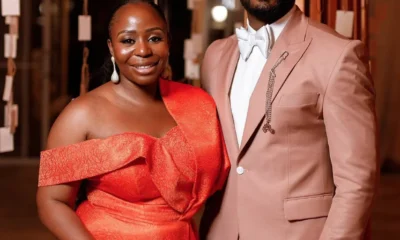
 ENTERTAINMENT5 days ago
ENTERTAINMENT5 days ago
 LIFESTYLE5 days ago
LIFESTYLE5 days ago
 MUSIC4 days ago
MUSIC4 days ago

